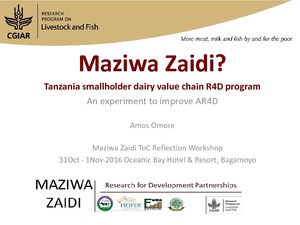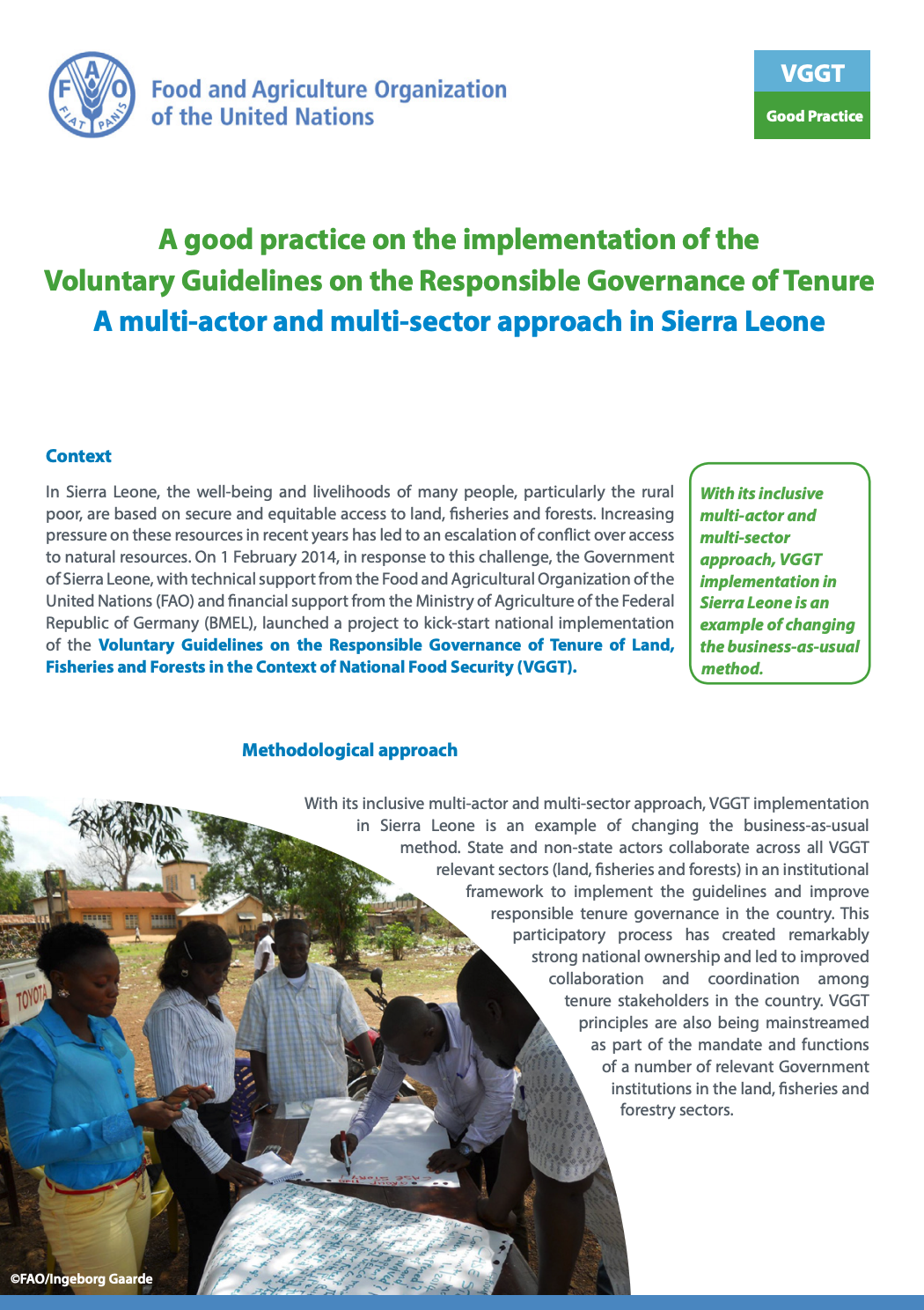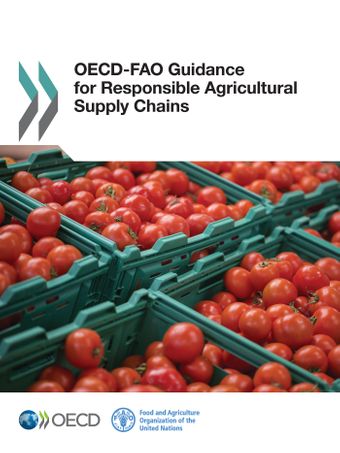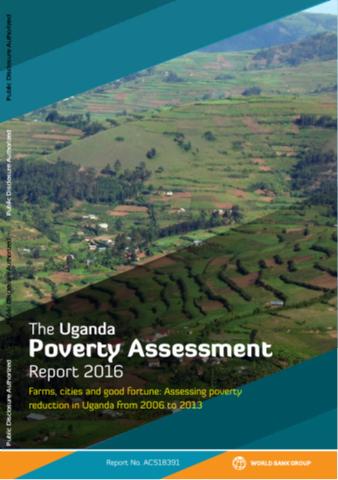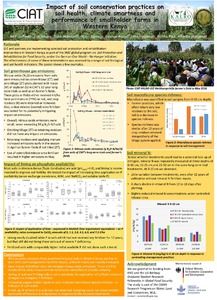Family Farming in the Near East and North Africa
This paper begins by exploring what the term family farming means and how appropriate it is in the NENA region. It will explore more generally the role of farming and agriculture in the broader political economy of the region. The paper establishes the distinctive features of the region, what might be generalised and what might not be so common between countries with contrasting patterns of development.

